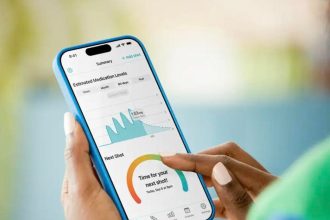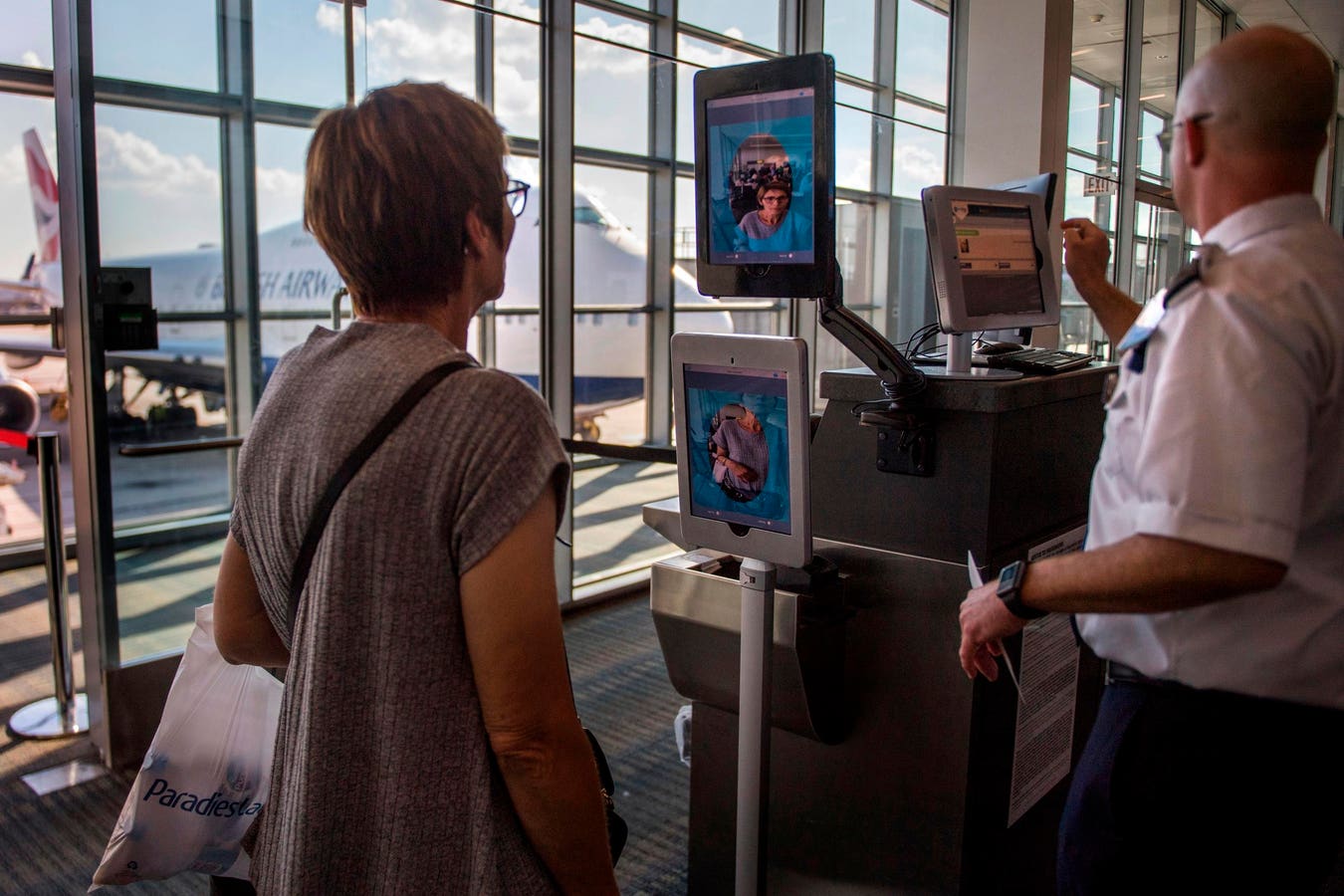The days of fumbling for passports and boarding passes when we fly may soon be behind us. Recent developments in digital identity technology have paved the way for a seamless and secure travel experience from start to finish.
The International Air Transport Association has successfully tested a fully integrated digital identity travel experience as part of OneID initiative. While there is still a need to weave together technology and policy, it marks the start of a passport and boarding pass-free future.
IATA OneID Trials
IATA recently conducted trials with industry partners to create a fully integrated digital identity travel experience. Partners in the OneID initiative include Accenture
ACN
The first full OneID trial involved a journey on British Airways from London Heathrow to Rome Fiumicino. The successful contactless trip highlighted the potential passenger benefits of digital identity and biometric technology.
“Our vision for future travel is fully digital and secured with biometric identification. While the technology exists to do this at each stage of a journey, linking these steps together has proven challenging,” said Nick Careen, IATA’s Senior Vice President for Operations, Safety, and Security. “We showed that it is possible. This will open up a world of possibilities for simpler journeys in the future.”
Airline Customers Favor Contactless Travel
Airlines can offer passengers a contactless experience by capturing their digital passport information, biometric data, and other required details. Seat assignments and check-in can be simplified, reducing the need for traditional boarding passes. Biometric data allows travelers to enjoy a hands-free airport experience. Passengers can clear security lines, lounges, and aircraft with biometrics.
Studies conducted by IATA and others show that customers are more interested in digital solutions and biometric identity verification, particularly during boarding and security checks.
IATA’s passenger survey found rising confidence in biometric identification. “In the last 12 months, 46% of passengers used biometrics at the airport, up from 34% in 2022. Furthermore, 75% of passengers prefer using biometric data over traditional passports and boarding passes. Of those who’ve used biometric identification during their travels, 46% reported an 85% satisfaction rate,” IATA reports.
A separate survey by travel technology firm SITA found passengers are most comfortable using biometric identity to board aircraft, clear security, and verify their identity. However, they were less comfortable using biometric ID for check-in, lounge access, and baggage drop.
Effortless Travel Requirements Check
Digital passports stored in a traveler’s digital wallet are crucial in simplifying travel requirements. Passengers can easily confirm their travel document requirements by sharing their nationality data. IATA’s Timatic solution supports this process, making it possible for travelers to prepare for their journey long before arriving at the airport.
Alaska Airlines’ Mobile Verify Program
Alaska Airlines
ALK
Charu Jain, senior vice president of innovation and merchandising at Alaska Airlines, said the goal was “getting you through the lobby in five minutes or less.”
Global Transformation And Interoperability
A secure digital identity and biometric technology will enable a future without passports and boarding passes. Industry-wide cooperation and adherence to global standards are essential to achieve international acceptance. IATA and the International Civil Aviation Organization are helping to define the standards required.
Seamless travel also depends upon governments implementing policy that supports digital alternatives. For example, governments enable digital border controls by using e-visas to check passengers before they arrive.
According to an IATA survey, visa requirements in different countries discourage 36% of potential travelers. The visa application process prevents 49% of would-be travelers from taking a trip, and 66% of travelers would prefer to apply for a visa online. Eighty-seven percent of travelers are willing to share immigration informationto simplify the arrival process.
“Time-consuming and complex visa requirements deter travelers and deprive destination economies of valuable tourist revenues. Time and again, we have seen that when countries remove visa requirements, economies prosper from rising visitor numbers,” said Careen.
Finland recently launched the world’s first digital travel document pilot program at Helsinki Airport. By registering for DTC, passengers on Finnair flights to selected destinations could bypass border control queues while preserving security. For now, only Finnish citizens can use the DTC.
However, interoperability is the goal for those working on a seamless travel future. That requires harmonized standards and policies between stakeholders and governments.
Ensuring Privacy Is Essential
Privacy is a top priority in this digital travel revolution. Travelers want to retain control of their data and ensure travel stakeholders only access information on a need-to-know basis.
“They’re very concerned about the security of their information,” IATA’s Director General Willie Walsh said. “They want to know how the information has been shared and how long it’s being stored.”
IATA’s survey found that half of all travelers are concerned over data protection, and “40% would be more open to biometric solutions if they were confident that their personal information is secure.” The partners involved in the OneID initiative are working to ensure they can provide the level of personal data security that travelers require.
The future of air travel is becoming increasingly digital and seamless. With innovations like digital passports, biometric technology, and integrated digital identity, travelers can look forward to a hassle-free and secure journey. As the airline industry evolves, adopting technology and establishing standards, passport and boarding-pass-free flights will become more common for travelers worldwide.
Manual processes will still be available for those who find biometric identity discomforting. But we may see paper passports going the way of airline-printed tickets over the next decade or so.
Read the full article here





